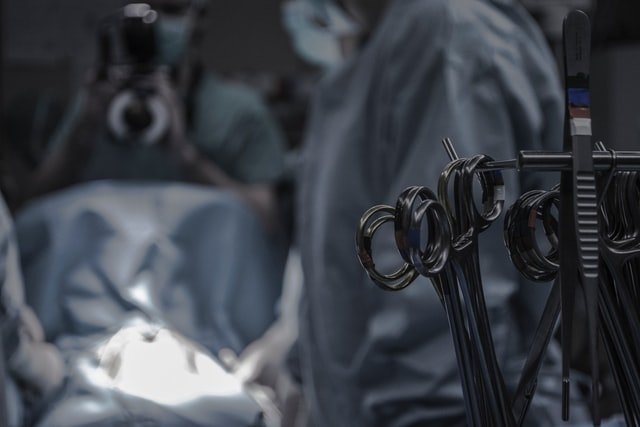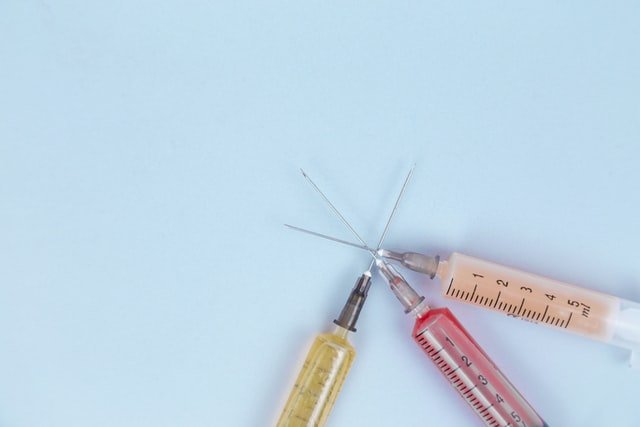Bariatric surgery includes various procedures that change your digestive system to help you lose weight. Specialists recommend bariatric surgery for obese individuals at risk of health problems like diabetes and hypertension who cannot lose significant weight with diet and exercise. As with any surgery, bariatric surgery can cause complications or a lack of sustainable results. In such cases, you may require surgery revisions Frisco to make adjustments to alleviate symptoms and get on track with weight loss. The following elaborates on complications after gastric band surgery – a type of bariatric surgery.
Band Slippage
Band slippage is a common risk associated with gastric band surgery. It occurs when the band moves up or down from its original position, resulting in one or more unpleasant symptoms. Band slippage can also offset weight loss. The band slips out of place when you eat too quickly, and your stomach bloats. Other factors contributing to this complication include consuming many carbonated beverages, overeating, and vomiting.
If you have gastric lap band slippage, you may experience discomfort during and after eating, abdominal pain, acid reflux, and nausea and vomiting. Your surgeon may need to make adjustments as soon as possible to relieve symptoms so you can resume weight loss. To prevent further complications, moderate and severe band slips can be removed using a laparoscopic surgical procedure.
Band Erosion
Gastric band erosion is a possible long-term complication; it tends to happen two to three years after the procedure. It occurs when the gastric band grows into the stomach, weakening the surrounding tissues or causing a hole in the stomach. Although it is a rare complication, it is severe, so it is essential to know its causes. Band erosion can occur when the gastric band is too tight and affects blood flow. Consequently, the stomach tissue weakens or dies. Other causes of band erosion include deep stitches in the stomach, surgical injury, and ulcers.
Although band erosion is a severe complication, some patients show no symptoms, and those that do exhibit very mild symptoms such as pain in the stomach. Therefore, diagnosing lap band erosion can be quite tricky because early signs such as stomach pain happen to everyone and usually is not a sign of a severe condition. A sudden stop of weight loss or sudden weight gain is the characteristic sign of gastric band erosion.
Dysphagia
Dysphagia is a medical term for trouble swallowing; some patients have problems swallowing certain foods while others cannot swallow. Although the ultimate goal of gastric band surgery is to limit a patient’s food intake, he or she should maintain free fluid and minimal food intake. However, this can be impossible due to persistent vomiting, and the surgeon may remove all liquid from the reservoir to deflate the band.
If this does not work, your surgeon may use gastroscopy to determine the cause of swallowing difficulties. If compressions on the stomach prevent the passage of fluids and solids, your surgeon may have to remove the band and repair the stomach.
If you have further questions about surgery revisions, consult your specialist at The Bariatric Experts.


